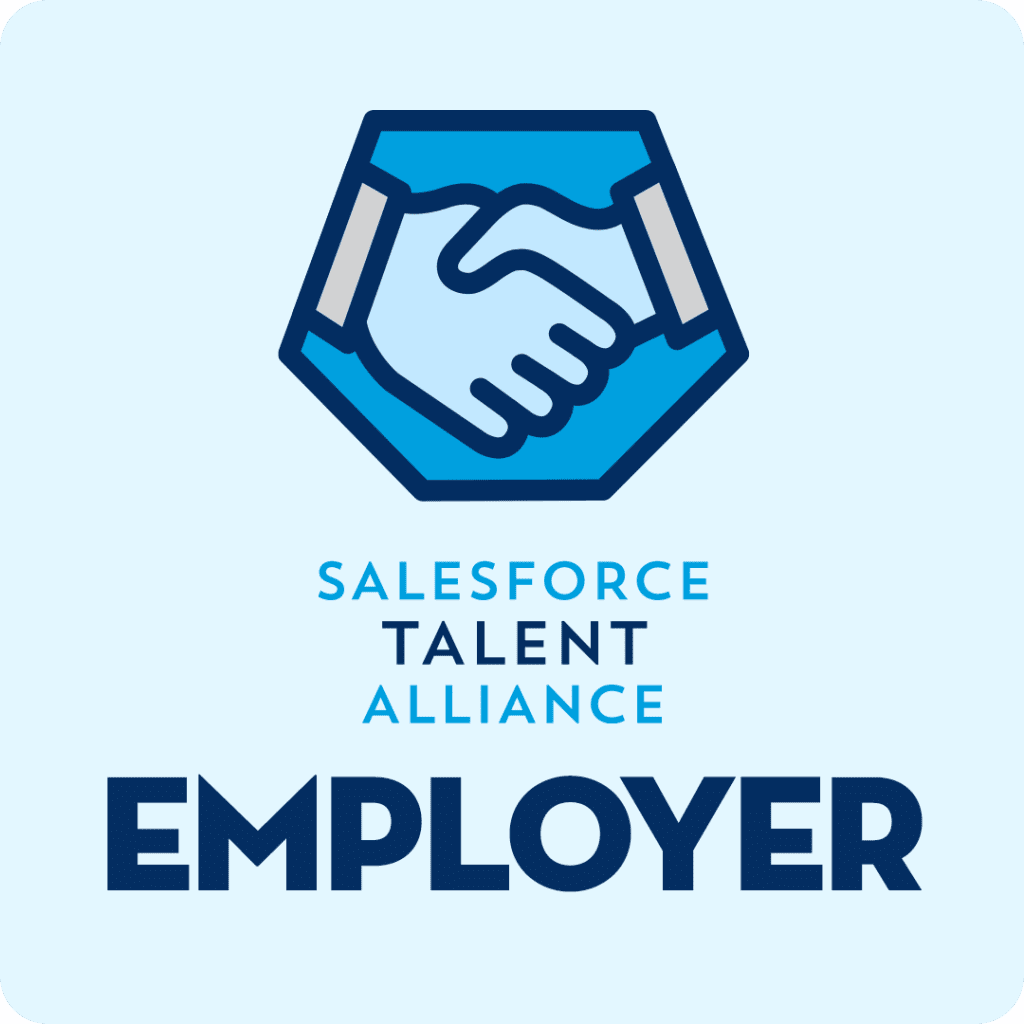Movement in the community

Motivations for switching employment types
There are numerous opportunities for those working hands-on with AWS, allowing professionals to choose the employment style that suits them best. Whether you prefer working directly for an AWS customer, consulting for various clients, or simply enjoy the independence of freelancing, there are plenty of options available for skilled AWS talent.
What, then, is driving this urge to shift roles, and what are the implications for employers looking to hire new staff, retain them, or attract freelancers in the upcoming year?
Motivation to move from a permanent role to freelancing
Reason for this include:
Why aren't professionals considering contract working?
| I prefer the security offered by a permanent role | |
| I like to have a fixed, predictable income | |
| The lack of workplace benefits | |
| I'm happy in my current role | |
| I'd find freelancing stressful | |
| I've worked as a freelancer previously and didn't enjoy it | |
| Other |
Motivation to move from freelancing to a permanent role
The top factors most likely to attract a contractor to a permanent role include:
Job stability and security
Career progression opportunities
Remote working options
| Valuable work/feeling like your work will make a positive impact | 59% |
| A stable income | 53% |
| A competitive salary | 53% |
| To avoid breaks between contracts | 47% |
| The new company’s values and culture align to my own | 41% |
| Flexible/agile working | 41% |
| A senior role with more responsibilities | 41% |
Why wouldn't freelancers consider a permanent role?
Conclusion
It’s interesting to see job security cited as the number one reason contractors would be tempted to make the switch to permanent employment, whereas earning potential is the number one reason they wouldn’t. Both of these seemingly contrasting attitudes could be influenced by the economic climate of course—the cost of living is increasing, so why not aim for the most lucrative career path? But in the midst of job cuts within the industry, perhaps there’s safety in permanent employment?
Again, there’s no catch-all answer to this and the reality is that the contract market often remains consistent even when the wider job market is not: when companies enforce hiring freezes, the wheels need to turn on projects and so contractors will still be brought in to plug holes in the short-term.
Realistically, we all have different motivations to work and expectations from an employer—but the good news for employers is that there are more freelance consultants who’d be willing to join your team permanently, it’s about building the right package to attract them. And for those organizations that rely on contract talent, the pipeline remains healthy.


Careers and Hiring Guide
AWS Edition 2025
Key Findings
Our key findings report contains highlights from this year’s Careers and Hiring Guide, plus our salary tables to allow you to compare your compensation or benchmark your teams’ salaries or rates no matter their role in the AWS ecosystem.







